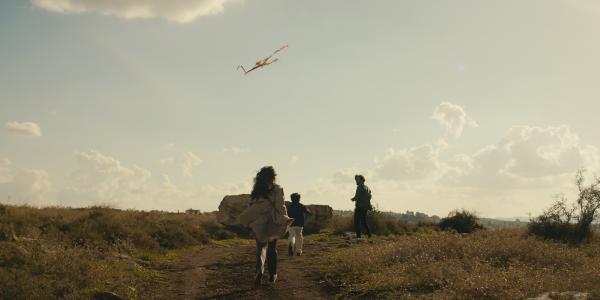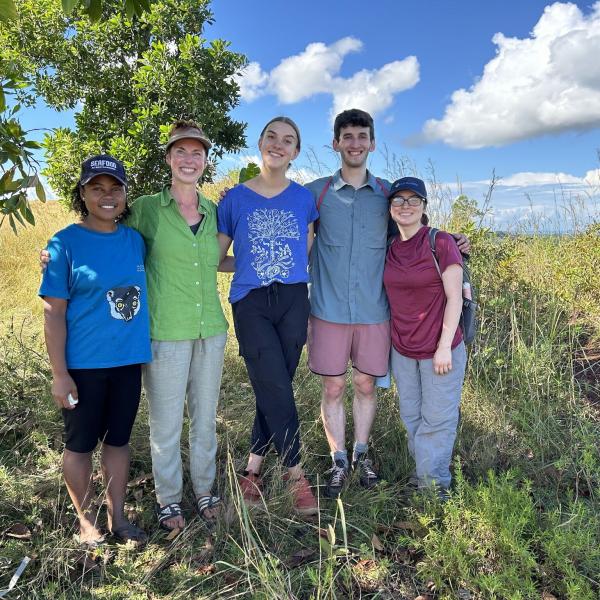Sayed Kashua is a doctoral student on the international writers track in comparative literature. A published novelist, screenwriter, and journalist, he is regarded as one of Israel’s most prominent Palestinian voices. The film 'Let It Be Morning,' adapted from one of Kashua's novels, will be shown at Hi-Pointe theater on February 12, followed by an in-person Q&A with Kashua.
On February 12, the internationally acclaimed film Let It Be Morning will premeire at Hi-Pointe theater. Directed by Eran Kolirin, the film is an adaptation of comparative literature doctoral student Sayed Kashua’s 2004 novel of the same name.
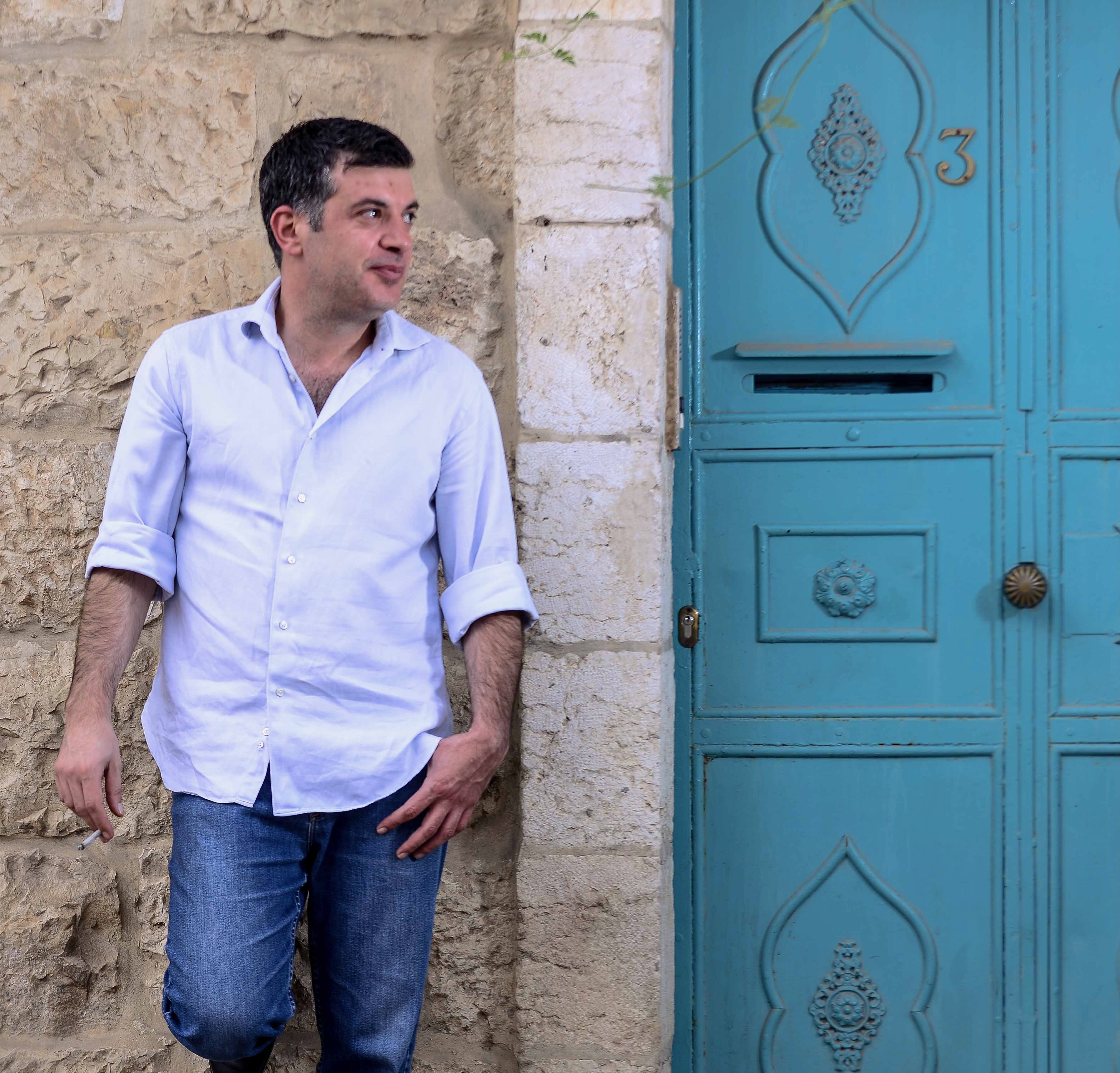
“As a Palestinian writer, it’s risky to work with an Israeli director,” said Kashua. “Some people say, ‘The occupier will never understand.’ But I appreciate Kolirin’s interpretation; the film is very sensitive and well-done.”
The film, which won Best Picture at the Israeli Academy Awards in 2021, follows a journalist who returns to his Palestinian village after working in Jerusalem for many years. One morning, he tries to commute to his job, only to discover that the Israeli military has blockaded all exits from the village.
The blockade serves as a tool to “put the village in a lab” and examine the political reality of being a Palestinian minority in Israel, Kashua said. With supply trucks blocked from entering the village, water sources running dry, and no communication with the outside world, the villagers quickly turn against each other.
“There is a group of illegal workers from the West Bank in the village, and they are a reminder of Palestinian identity for the Palestinian citizens of Israel,” said Kashua. “Criminals who come to power consider these workers the cause of the blockade, so they try to give them up to the Israelis.”
Kashua began the novel in 2000, in the midst of violent clashes in the region and the collapse of the Oslo Accords. “It was a very painful story to write," he said. "At the time, there were voices accusing Palestinians in Israel of being collaborators and calls to get rid of us as citizens.”
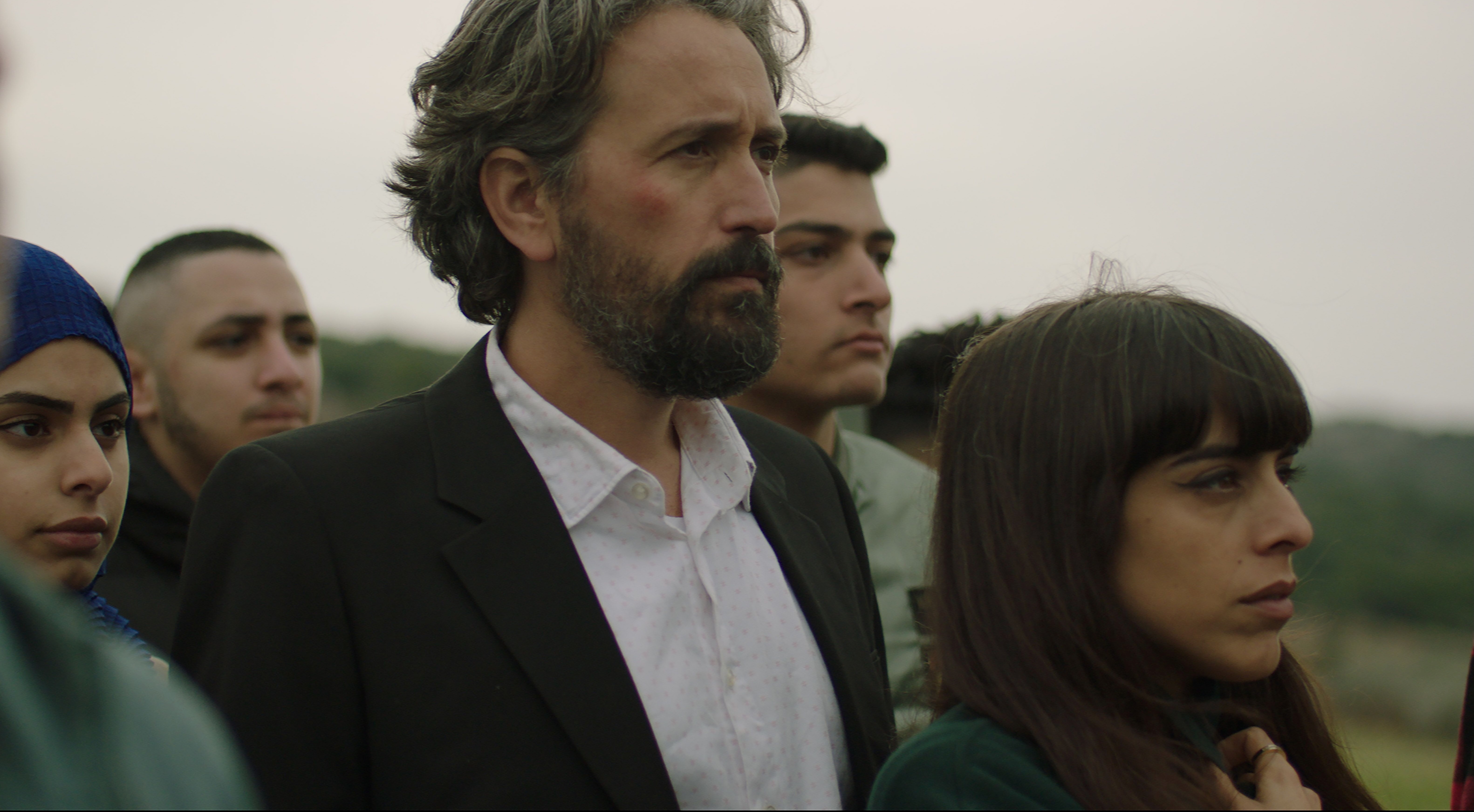
In the novel, that is exactly what happens: The book ends with a peace agreement between Israel and Palestine that includes annexing the Palestinian village to the West Bank and Gaza. This, the reader discovers, is the reason the village was put in a life-threatening lockdown. The Israeli government was switching its water and electricity supply from Israel to the West Bank.
“That’s the reality I hope American viewers will understand: We are talking about people with rights and people without rights,” said Kashua. “Gaza and the West Bank are controlled by Israel’s military – the water, the electricity, the taxes, the sky, the borders. If you truly capture the reality of being Palestinian, you will understand how deeply racism and segregation are rooted in the region.”
As a screenwriter, novelist, and journalist, Kashua considers storytelling to be the best tool he has for addressing these political inequalities. “It has always been injustice that motivates me to write,” said Kashua. “All of my work is about minorities struggling to express their frustrations.”
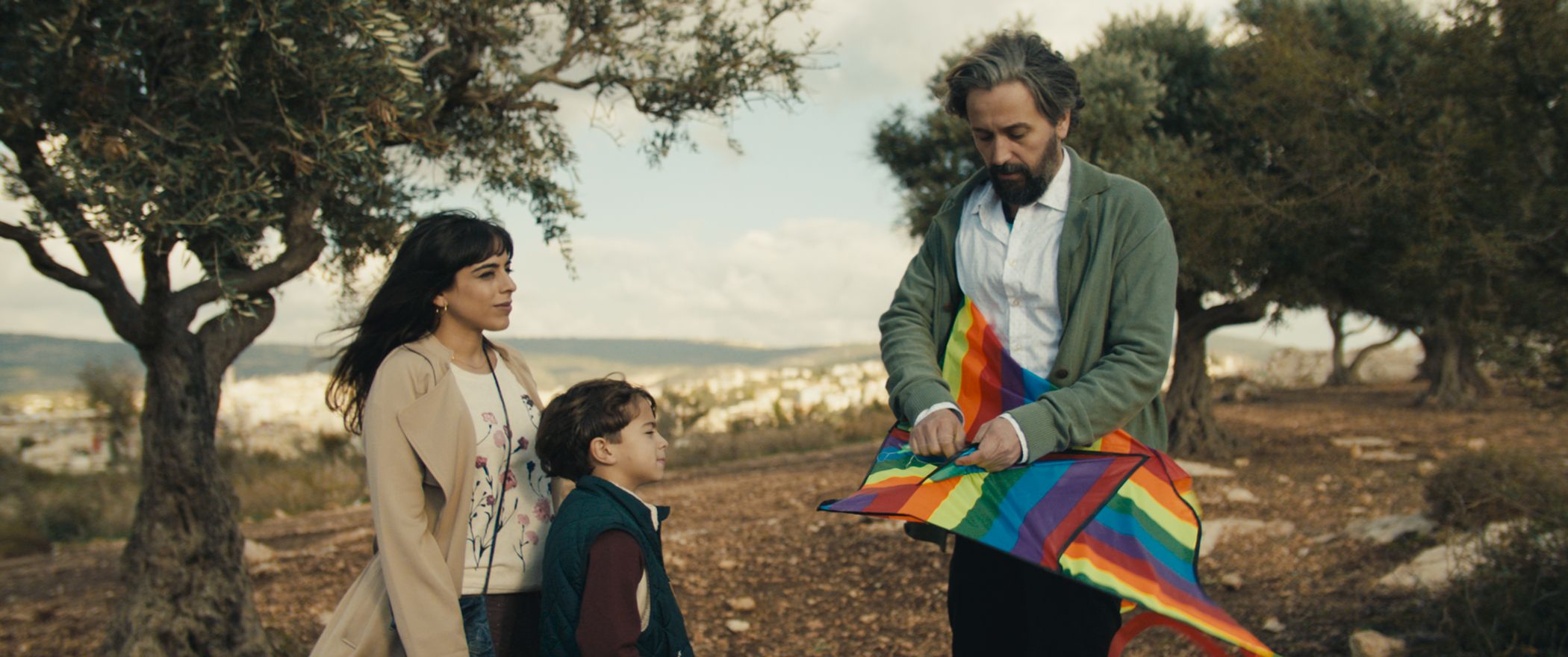
At WashU, Kashua has been studying post-Oslo Palestinian literature alongside postcolonial and affect theory, with the goal of further exploring his experiences as a Palestinian in Israel, writing in Hebrew. He has worked closely with Anca Parvulescu, the Liselotte Dieckmann Professor of Comparative Literature.
“Sayed writes about affect – hope or lack thereof; family bonds across generations and across borders; the taste of language; old friendship ties in a Palestinian village; the despair embedded in a joke,” said Parvulescu. “For the writer – whether novelist or screenwriter – affect offers a handle into self-representation.”
Tickets to see a sneak preview of Let It Be Morning at Hi-Pointe theater on February 12 are available here.
